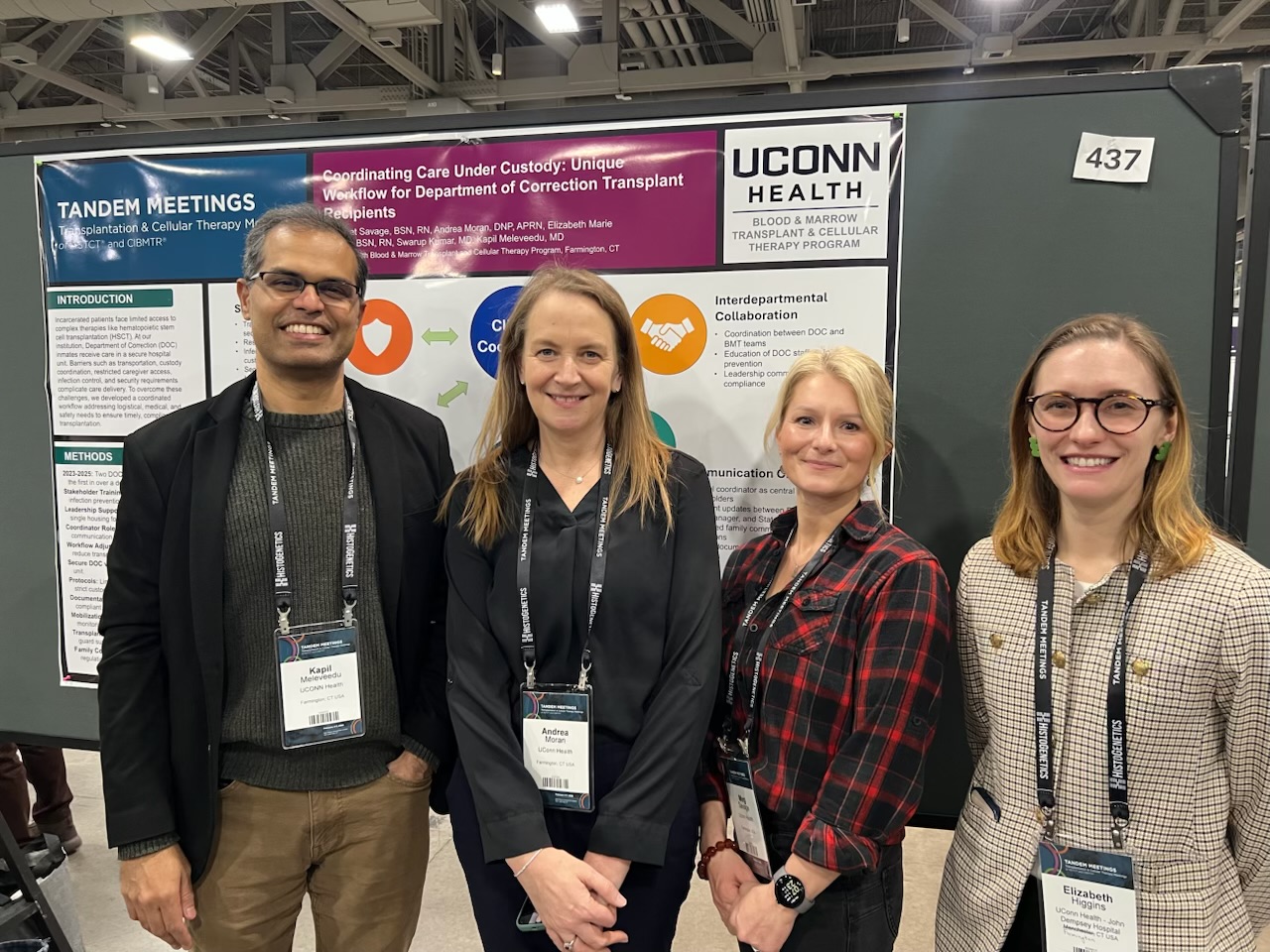During the COVID-19 pandemic, older adults have been among the most impacted groups. People over the age of 65 are particularly vulnerable, developing more severe disease, worse outcomes, and a nearly 100-fold increased risk of dying when compared to younger individuals.
UConn Center on Aging at UConn Health will be leading an NIH-funded clinical trial in collaboration with the Marcus Institute for Aging Research at Harvard Medical School and resTORbio. This study is looking at a novel approach to COVID-19 by using medications designed to overcome aging-related declines in immune responses.
This study is looking to see if an investigational drug called RTB101 has the potential to prevent or reduce the effects of COVID-19 symptoms in people age 65 and older.
In 2009, scientists at Jackson Lab were part of a group that discovered that the inhibition of a protein called mTOR extends lifespan and healthspan in mice. Inhibiting mTOR has since been shown to improve immune function in older individuals.
RTB101 is an mTOR inhibitor that has been well-tolerated to date in clinical studies in over by a thousand older adults and has been shown to upregulate genes that help the body fight viral respiratory tract infections. Therefore RTB101 has the potential to help older adults fight COVID-19.
Participants will take the study drug for two weeks and be monitored for one additional week afterward. Those who are age 65 or older and who either have had a positive COVID-19 test result in the last 4 days but currently have no COVID-19 symptoms, or who have recently been exposed to someone living in their household who has a positive COVID-19 test may qualify.
The trial will be randomized and participants will receive either the study medication (RTB101) or a placebo to take once a day for two weeks. The study team will call participants twice a week over the two weeks, and for one additional week after completing the study medication.
“The mission of the UConn Center on Aging is to help improve the health and independence of older adults through research, education, and clinical care,” says Dr. Kuchel, Director of UConn Center on Aging. “The current challenges confronting all of us demand that everything is done to help improve the ability of our older population to confront COVID-19. Interventions designed to boost immune responses by targeting biological aging represent a powerful and highly innovative new approach for dealing with this and any potential future pandemics.”
Those that may be eligible and interested can contact the study coordinator, Lisa Kenyon-Pesce at kenyon-pesce@uchc.edu or (860) 679-2305.



